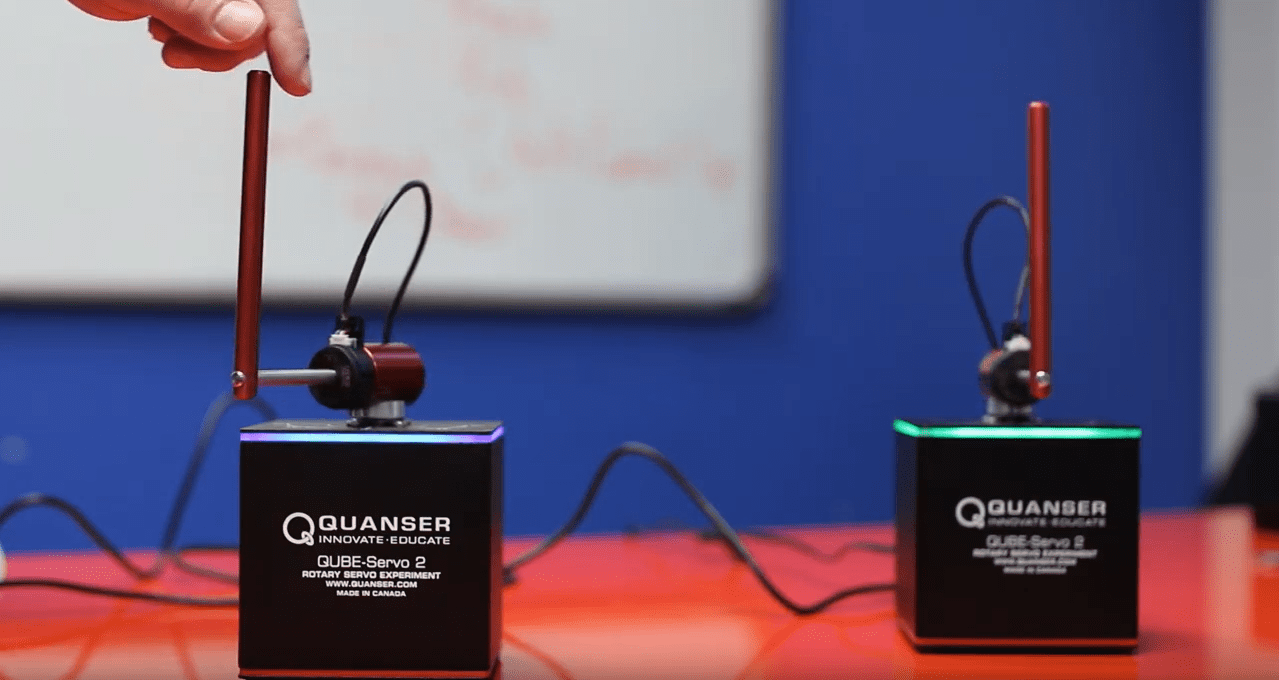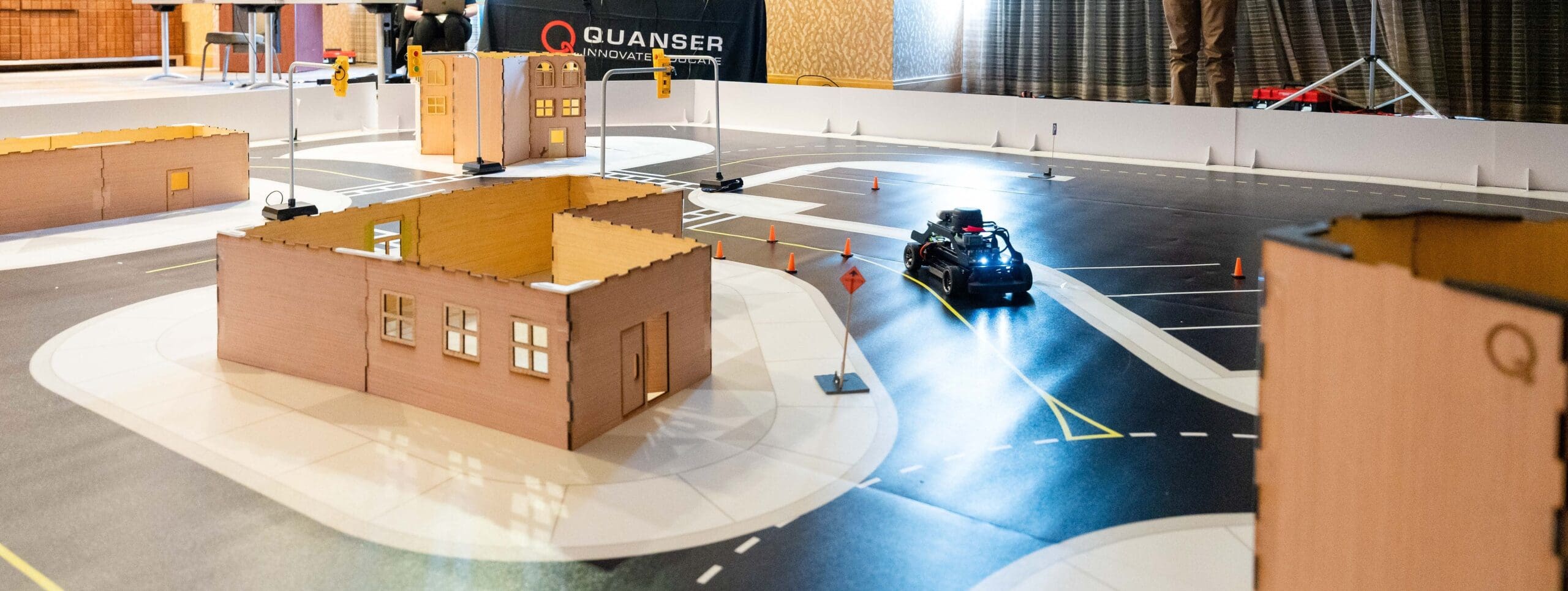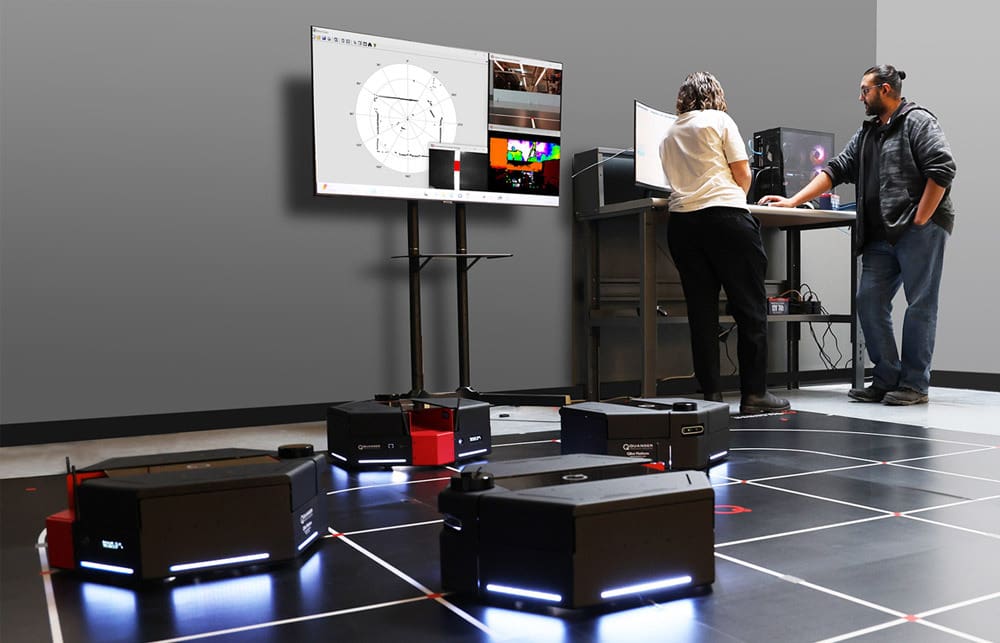
My son is one-and-a-half years old and he loves Thomas the tank engine. As a father this makes me happy because it means I have a reliable tool with which to derail (no pun intended) temper tantrums. However, it also makes me happy as an engineer, because it’s a wonderful opportunity to introduce my son to the aspects of engineering that excite me most. I mention this because as parents we are currently being inundated with toys and products which promise to “prepare” our children for a future in STEM. The more I see of these educational toys, the more I feel like we are going about this entirely the wrong way. If we want to prepare children to succeed in a technologically complex future they don’t need skills nearly as much as they need motivation and appreciation for what engineering and science can achieve.
Thomas and Friends is not about engineering in any real way. The plot is entirely generic children’s fare, with the characters learning common childhood lessons of dealing with conflict and owning up to their mistakes. The fact that the characters happen to be anthropomorphic trains is almost secondary. And yet, when I read Rev. W Awdry’s Railway Stories (upon which the series is based) as a young child, it kindled in me a lifelong fascination with steam power and mechanics. It is this feeling of excitement and awe for real-world engineering achievements which seems to be notably lacking from the products I see in the market today.
I don’t mean to say that toys such as Wonder Workshop’s Dash robot, or an off-the-shelf science experiment kit are bad products. I bought my son a Fisher-Price Code-a-Pillar so I’d be hypocritical to decry the industry. However, I don’t think that our motivation as parents should ever be explicitly to groom our kids to be scientists or engineers. In fact, I fear that these experiences with oversimplified “child-friendly” interfaces perpetuate a growing misunderstanding of what it means to be an engineer or scientist. Most of the products I have seen on the market that are branded as STEM-related are so focused on making engineering and science topics simple and accessible that they lose sight of what those topics are used for. We are so caught up in trying to teach children to code, that we forget to show them that coding made the internet, and Netflix, and their favourite 3D animated characters.
This bottom-up approach to teaching things like coding skills feels like teaching music theory without ever listening to music. You can teach someone the concepts but the motivation is never going to be the same. There is such power in the experience of taking something complex and amazing like a computer or a motor and breaking it down into simpler parts that can be understood and manipulated. As a child, I got much more appreciation for electrical engineering out of disassembling VCRs and hard drives and other electronic trash than I ever did out of my 60-in-One Electronic Project Lab with its patch wires and circuit components. Furthermore, I count it as something of a failure of the education system that it wasn’t until I was well into my undergraduate degree that I had the realization that all the amazing technology around me was designed and created by people just like me.
This disconnect between the skills that STEM professionals need and the motivation of real-world achievements is at the heart of one of the biggest issues in STEM education. Students come out of high school with great expectations about what it’s going to be like to be an engineer and then we immediately throw them into a calculus classroom and tell them to learn theory for a year. While an improvement of the way we teach STEM in university is definitely part of the solution, that is only half of it. We also need to give future engineers an appreciation for the true complexity of engineering problems so that they have an inherent motivation for wanting to understand the tools engineers use to solve those problems. I want my son to grow up with a passion for the kinds of grand technological and scientific achievements that he could be part of, as well as the huge variety of skills required to make those achievements a reality. That way when he asks me why he needs to learn calculus he will understand why the answer might be “so we can go to outer space”.
And this is why I am excited that my toddler loves trains. Railways are amazing complex technological marvels which could not exist were it not for centuries of innovation in engineering, materials science, physics, and now even computer science. Because of this, they can be used as a starting point for learning about everything from thermodynamics to TCP/IP. As parents and educators, we should focus on awesome stuff that STEM is used for, and then work our way back to the skills used to make those things a reality. It is precisely though an appreciation of the fact that science and engineering aren’t easy that we understand how truly awesome it is that we have robots, and cars, and bridges. I hope that nurturing this appreciation for human technological achievement will mean that wherever my son goes he will see the wonder in the everyday things around him. And if it means that he is more likely to succeed in a career in STEM, then hey, that’s good too.




